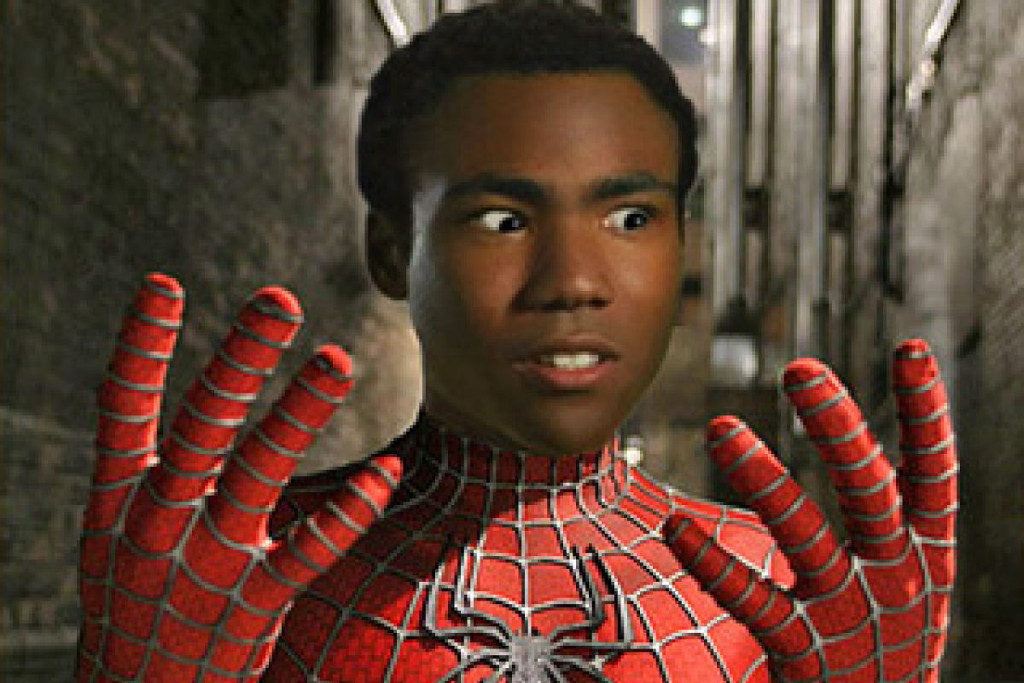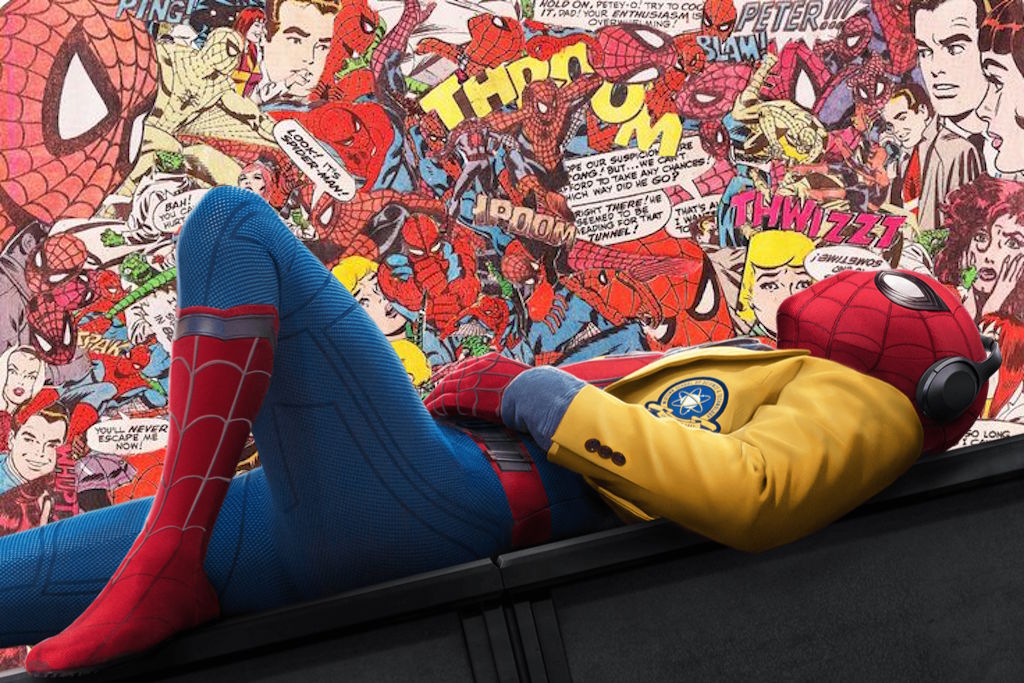Is ‘Spider-Man: Homecoming’ Actually That Radical In Its Casting?
"As Judge Judy would say: don’t piss on my leg and tell me it’s raining."
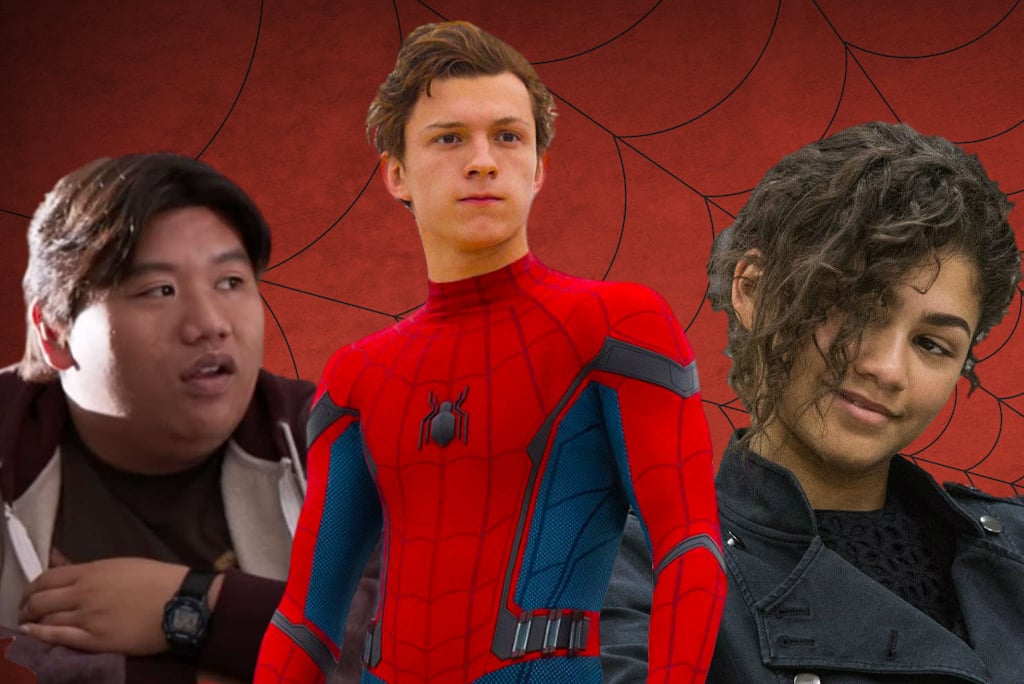
When it was announced that Tom Holland was going to be playing the role of Spider-Man in Marvel’s latest reboot of the franchise, there was some backlash from fans (like me) that wanted the film’s lead to be played by a non-white character for once.
As if in response, the film’s producers loaded the cast with non-white actors — Laura Harrier as his love interest, Zendaya and Jacob Batalon as his friends, Tony Revolori as a school bully, and so on. It is, through and through, a cast that is representative of many races, and it avoids stereotyping or tokenism. But is the film’s diversity really that great? And what do we lose when people of colour are represented, but relegated to the sidelines?
Spider-Man: Homecoming has been lauded by critics for its diverse cast, and director Jon Watts has given a simple explanation for the casting choices, saying that he just wanted the film “to reflect what [New York] actually looks like”.
It’s a good goal. It should be the goal of every casting agent, really: to make your film feel like it’s set in the real world. And, for the most part, Homecoming does actually feel like a truly representative film. There certainly isn’t the same overwhelming sense of whiteness that’s present in every other Marvel film.
White men are here to save, and people of colour are here to support, to praise and to be saved.
But there’s something inherently fraught in limiting your ‘diversity’ efforts to your supporting characters, especially in a superhero film. While there is power, necessity and brilliance in the film’s depictions of people of colour, at the end of the day they’re still limited to the orbit of Tom Holland’s Peter Parker.
These characters, while great, are not crucial to the story and are rarely given moments to shine outside their scenes with Holland. It wasn’t a representative cast that fans were lobbying for; it was a superhero who looked like us, who we could see ourselves in.
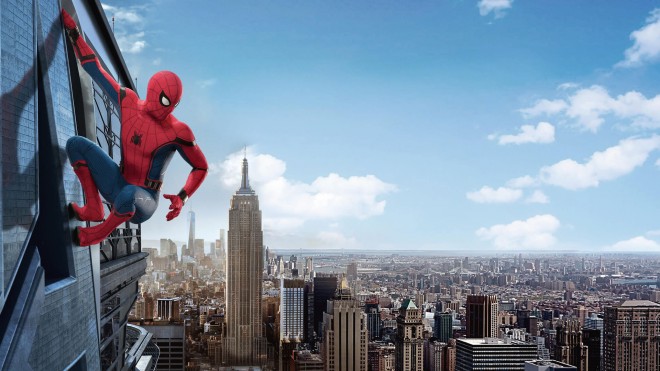
Superhero stories are morality tales; they teach children (and adults) about right and wrong, and their leads are designed to inspire devotion and heroism. They uplift audiences; they tell us to be strong and brave. Spider-Man’s friends are not the heroes of this story, and not the ones we’re supposed to look up to. Spider-Man is. And because of that, you’d be hard pressed to find any kid who wants to be Spider-Man’s best friend rather than the strong, brave web-slinger himself.
When you cast Tom Holland as Spider-Man, as opposed to a Black person or an Asian person or any person of colour, the same old roles are subtly reinforced: white men are here to save, and people of colour are here to support, to praise and to be saved.
It’s not like tentpole franchises can’t be anchored by stars who aren’t white. The Star Wars franchise just proved that, if anything, having a representative cast from top to bottom can equate to financial and critical success — John Boyega and Oscar Isaac were wonderful in The Force Awakens, arguably outshining their white co-stars, and The Force Awakens made 2 billion dollars. All evidence suggests that if Marvel had cast a non-white lead, Homecoming would have been equally, if not more, successful.
When I aired these grievances with a friend, they (rightly) asked: ‘Why are you upset about this and not The Avengers, which only really features white men (and one white woman)? Why are you more bothered with this than with less representative films?’
Put simply: I am never not bothered by the lack of representation in Hollywood films. It makes you feel like absolute shit to see that there is little-to-no meaningful place for you in the worlds of the films that you love. It is horrible. Same goes for the lack of representation in music, and in the workforce, and in television, and art, and fashion, and nearly everything everywhere.
But the difference between something like The Avengers and Spider-Man: Homecoming is that anyone could look at The Avengers and see that there’s an issue with its casting. But if someone were to look at Homecoming’s cast, it wouldn’t be so clear-cut.
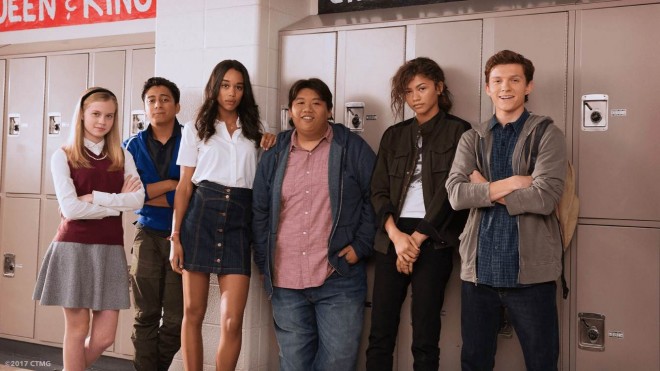
On the surface, this seems like an appropriately diverse film. But to allow a film like Homecoming to slip by because it’s ‘representative enough’ is to stall genuine progress when it comes to representation of people of colour on-screen. It suggests that marginalising people of colour on-screen is good enough, it tells studio execs that it’s okay to focus all your films on white men as long as they’re supported by people of colour.
And it’s really hard to complain about something like the casting decisions in Homecoming, because of the fear that it’ll look like you’re looking a gift horse in the mouth, as if no diversity efforts will ever be good enough. Even as I write this article, the potential comments rattle around my brain (various debate on the topic has raged back and forth since the film’s release).
This is not an appeal to boycott Homecoming, nor is it a critique of the film itself. You should go see it, and you will probably really enjoy it! The cast is uniformly great, it’s funny, and it stands up next to the best of Marvel’s (considerably large) handful of superhero films.
The casting choices are genuinely good to see too. Homecoming is proof that a film won’t be hindered if you cast non-white actors. But there isn’t much that’s progressive about centering your film around another white man. Spider-Man: Homecoming may be representative, but it sure isn’t radical. As Judge Judy would say: don’t piss on my leg and tell me it’s raining.
–
Spider-Man Homecoming is in cinemas now.
–
Shaad D’Souza is a freelance writer from Melbourne. Follow him on Twitter here.
